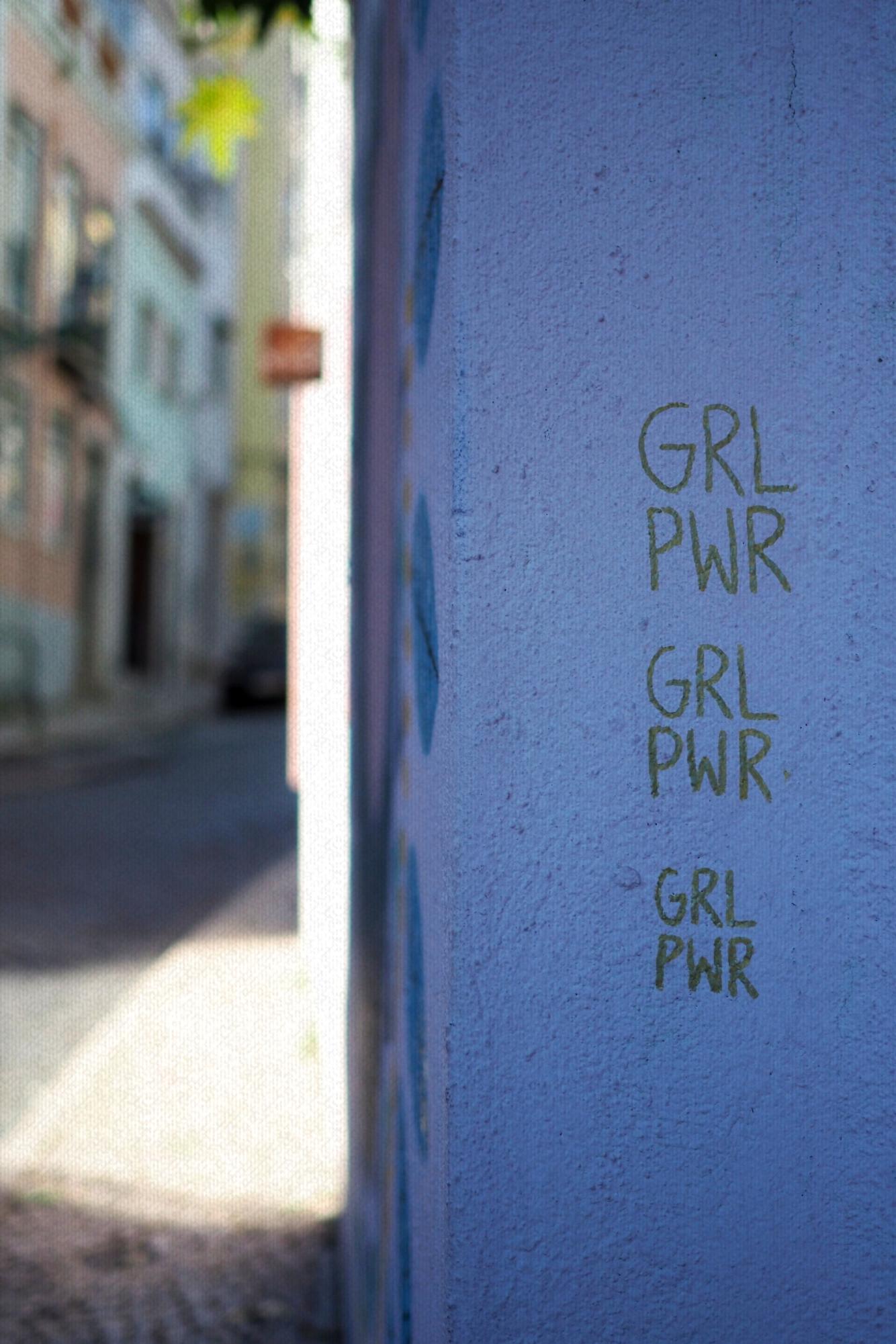(This story was originally published as How the Sexualization of Women has Become a Big Problem that Needs to be Recognized in The Elevator in June, 2023.)
The sexualization of women has been a big issue in society for centuries. Sexualizing women reduces them to sexual objects for the pleasure of others and can be dehumanizing.
“There is a general sense that women should be accommodating,” said Carol Stabile, professor of Women’s Gender and Sexuality Studies and Acting Dean of Clark Honor College at the University of Oregon. The sexualization of women is very commonly seen in the media and pop culture and has a very drastic impact on how women are perceived and treated.
The Impact
One of the biggest consequences of the sexualization of women is the negative impact it can have on their self-esteem and body image. When women are reduced to purely sexual beings, they become hyper-focused on their physical appearance, which can lead to unrealistic beauty standards.
The standards that are expected by society are already extreme and, “ the media still privileges a certain kind of body type and obviously the emphasis on BMI doesn’t help that very much,” said Stabile. This can be especially harmful to young girls who are exposed to sexualized images at an early age which is happening “earlier and earlier these days,” said Stabile.
Violence Against Women
Additionally, the sexualization of women can lead to violence and harassment. When women are overly sexualized, they may feel dehumanized, and it becomes easier for others to justify mistreating them. This can manifest in various ways, from catcalling to sexual assault.
In fact, research from UNICEF has shown that there is a correlation between the sexualization of women in media and an increase in sexual violence against women.
An increased amount of sexual violence will also lead to more victim blaming because, a standard has been set that women don’t truly know what they want and it is up to others to decide that for them, according to Stabile.
The Effect of the Media
The media is one of the most significant contributors to the sexualization of women. Women are often portrayed in a hypersexualized manner, emphasizing their physical attributes over their intelligence or personality.
An interesting thing to acknowledge is Halloween, why does a woman have to dress as something scandalous or sexy, “why can’t I be a menacing witch?” said Stabile.
This type of representation can be damaging to women, as it reinforces the idea that their worth is based solely on their appearance. “I don’t think boys’ costumes encourage them to present themselves as sexual beings,” added Stabile.
Additionally, the media often creates and promotes unrealistic standards and ideals. Media industries are “invested in a view of femininity that’s based on: women don’t tell the truth, and women don’t know the truth of their own experiences,” said Stabile. These stereotypes have manifested in the sexualization of women and have gotten progressively worse over time.
Advertisements
In addition to the media, advertising is another area where the sexualization of women is exceptionally prominent. It teaches people early on that the most important thing about a person is their sexuality, despite gender identity.
“Things are marketed to us as sexual beings. They are marketed to us on the basis of being sexy and being sexually receptive,” said Stabile.
A lot of advertisements feature women in sexualized poses or clothing, which reinforces the idea that women are objects to be had and not respected. Many companies are not changing this despite it being very harmful because “that is the way they’ve always done things and they make a lot of money doing that,” said Stabile.
According to the American Psycological Association, this type of advertising can be particularly harmful to young girls, who may internalize the message that their worth is based on their appearance and in turn develop varying mental health issues.
Pop Culture
Pop culture is also a significant contributor to the sexualization of women. Music videos, movies, shows, and much more, often feature women in sexualized roles or outfits. On popular reality dating shows, women are explicitly acknowledged as sexual objects once every ten minutes, according to the American Psychological Association.
This type of representation is also harmful to young girls who may believe this is an accurate representation of standards and try to adhere to it as, “the media teaches us, regardless of our gender identity, that the most important thing about us is our sexuality,” said Stabile. Because of the culture in America, along with the rest of the world, it is extremely difficult to think in a way that doesn’t incorporate your sexuality.
Along with this, pop culture often promotes and even creates harmful gender stereotypes, which can lead to discrimination against women. The lack of respect and poor representation women receive in the media can prevent them from getting leadership positions in the workplace.
“When a woman speaks up she is difficult, but when someone who is male-identified speaks up, they’re just being assertive,” said Stabile. This is a major reason why women don’t as commonly get hired for higher-up positions.
What can be Done
The sexualization of women is not just a women’s issue, but a societal issue that is affecting everyone.
Research from UNICEF says that throughout the world, one out of five girls is sexually abused in their lifetime which has been proven to have been linked to sexualization. The sexualization of women can also lead to a lack of respect for women and other marginalized groups.
Individuals and society as a whole can challenge these harmful attitudes and behaviors, and work towards creating a more equitable and respectful world for all genders. This can involve speaking out against sexist jokes and comments, supporting women’s rights and representation, and promoting healthy and respectful relationships.
There are many helplines and resources online, the national sexual assault hotline is 1-800-656-4673 and is available at all times and the state of Oregon has a website for domestic violence resources with housing help, financial help, and more.




![[This image was not present in the original story]
Photo via Unsplash.com](https://ochselevator.com/wp-content/uploads/2023/11/markus-spiske-Zb5ENq4p51g-unsplash-800x1200.jpg)
